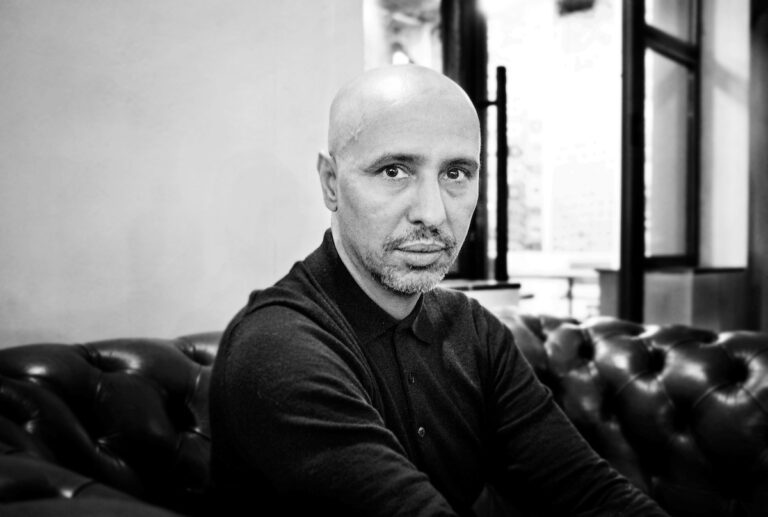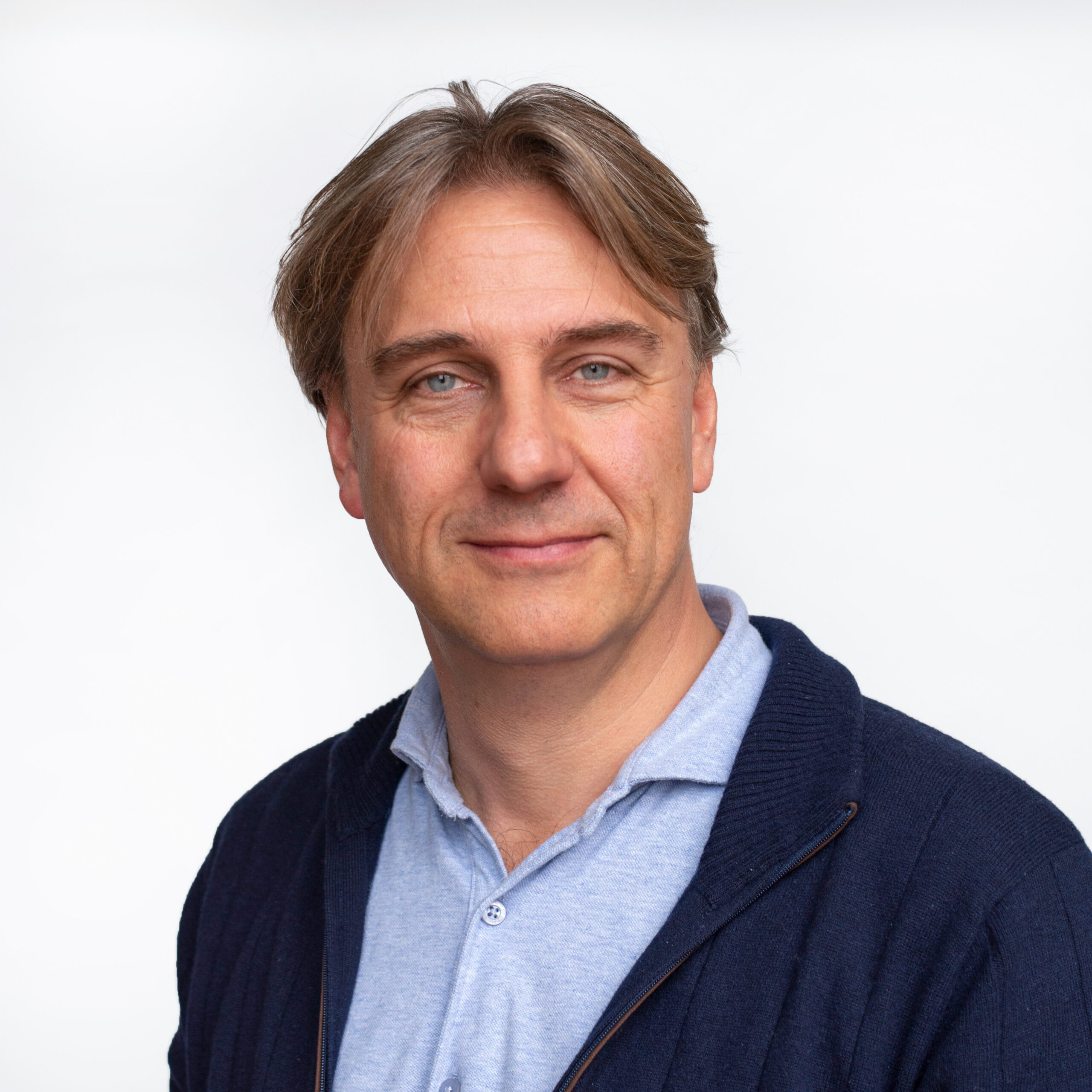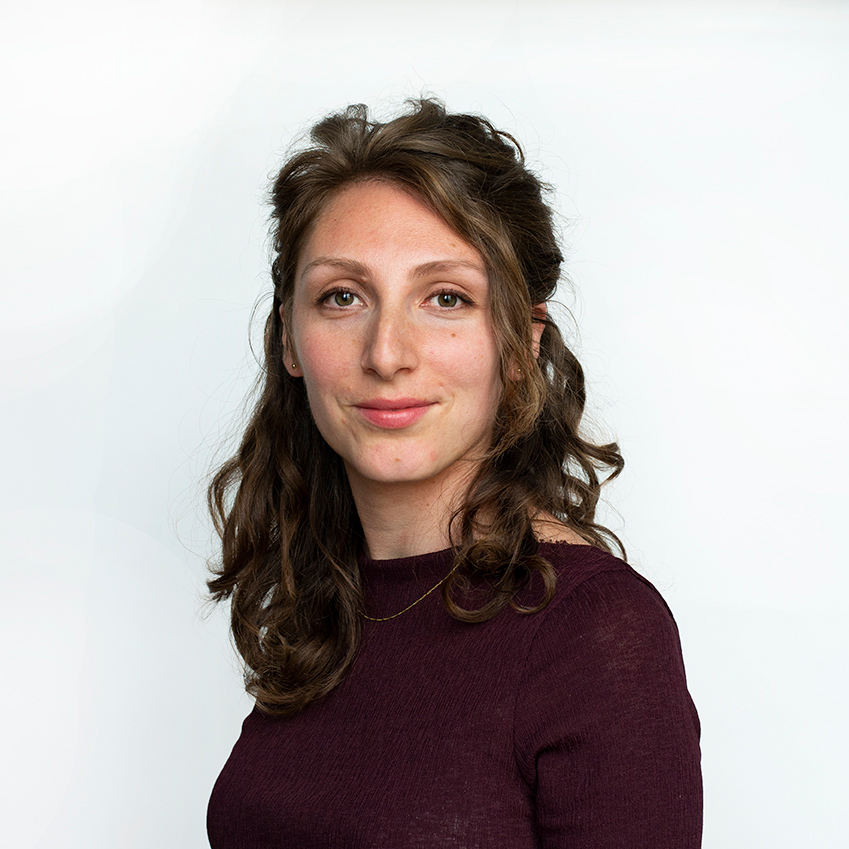This program will be in English.
Together with Robert D. Kaplan, De Balie will discuss the relationship between the West and Russia. The war in Ukraine shows how important both ideology and power relations are. What is exactly the current relationship between NATO, EU, and Russia? And the bigger question: how do we deal with Russia?
Thirty years ago, the Soviet Union collapsed, and with it, the Cold War seemed to have reached its natural conclusion. Communist regimes disappeared, and international relations between the West and Russia became friendlier. Yet two decades later, a bloody war is destroying a country. In this first episode of a series we will look at the ties between the Kremlin and the West.
Robert D. Kaplan is the bestselling author of twenty books on foreign affairs and travel translated into many languages, including Adriatic, The Good American and The Revenge of Geography. He holds the Robert Strausz-Hupé Chair in Geopolitics at the Foreign Policy Research Institute. For three decades he reported on foreign affairs for The Atlantic. He was a member of the Pentagon’s Defense Policy Board and the U. S. Navy’s Executive Panel. Foreign Policy magazine twice named him one of the world’s Top 100 Global Thinkers.
Want to know more about Kaplan? Read it all here.
Dealing with Russia
With this four-part program series, we want to provide in-depth analysis of current affairs and facilitate nuanced debate, thus making complex material accessible. How have Russian-Western relations changed since the collapse of the Soviet Union, how does Russia view its relations with former Soviet States, and what motivates the EU, NATO and the USA? These programs will also focus on the hybrid forms of warfare, such as cyber- and psychological warfare, and economic sanctions. In order to understand the current state of affairs, Dealing with Russia will focus on the larger historical, societal and cultural context.
Foto Giulia Reiss © Laura Bakker
Speakers




This may interest you:
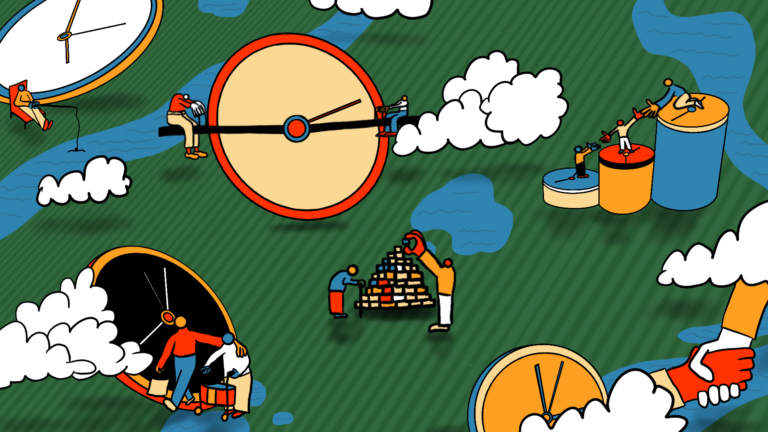
Solidair met de toekomst
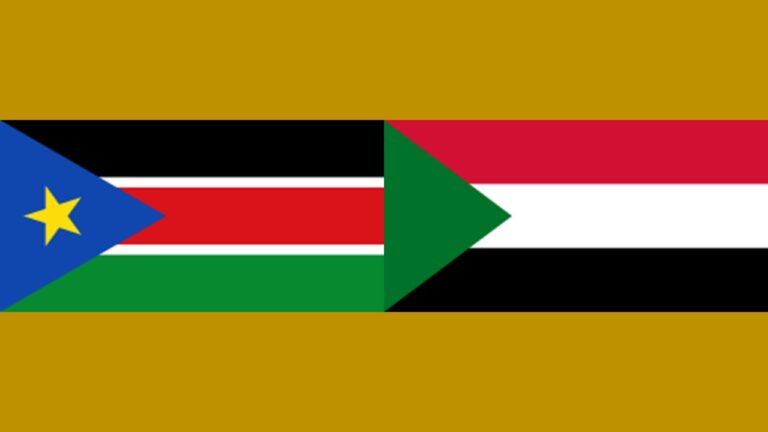
A closer look at Sudan and South-Sudan: The new generation
